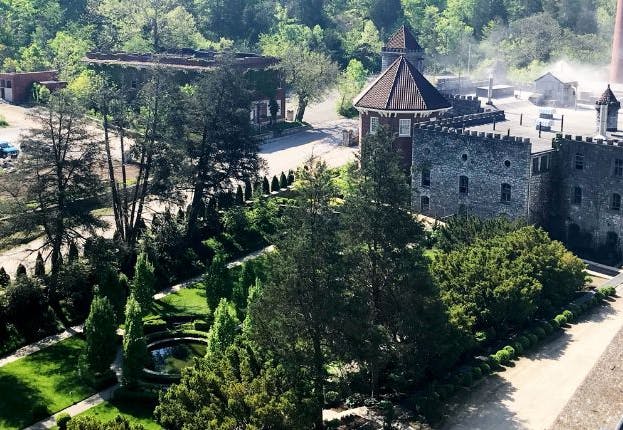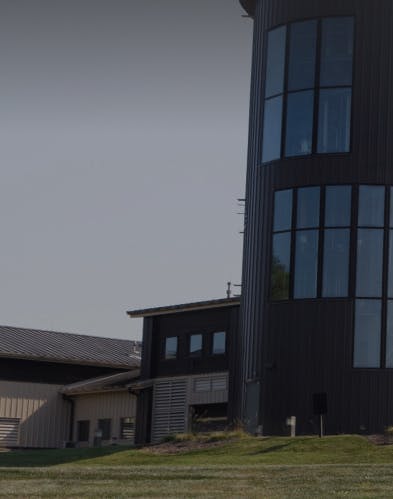
Bourbon
Navigating Lexington’s Bourbon Scene, A Gateway to the Kentucky Bourbon Trail®

Bourbon
Ultimate Guide To Planning a Company Holiday Party in Louisville

Bourbon, Louisville
Full Guide to Things To Do in Lexington, KY

Bourbon, Louisville
Louisville Guide for Meetings and Event Planners

Bourbon
Customizable Kentucky Bourbon Trail Packages: The Ultimate Experience for Groups & Couples

Bourbon, Spirits
The Best Kentucky Bourbon Trail Tour for Father’s Day: Whiskey, Tasting, and More

Sightseeing
From the Bluegrass to the Emerald Isle: Why Mint Julep Experiences Expanded to Ireland

Bourbon, Spirits
The Storied History of the Mint Julep: From Medicinal Tonic to Kentucky Derby Icon





